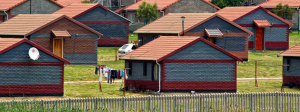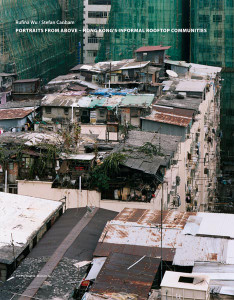South Africa – The National Association of Social Housing Organisations
Who is NASHO?
The National Association of Social Housing Oganisations – NASHO – is an independent member-based association of 18 well-established social housing institutions (SHIs) across South Africa. NASHO was formed at an inaugural congress held in May 2002 and formally launched by the then National Housing Minister, Sankie Mthembi-Mahanyele.
Collectively, our membership owns and/or manages approximately 24 000 units, providing subsidised rental accommodation for over 115 000 low-to middle income families throughout the country.
NASHO serves its members with advocacy, information, and training. Maintaining strong links between NASHO and its members is a priority for the federation, in order to reduce the isolation of individual members and to ensure that services and information are widely available.
What Is Social Housing?
Social Housing aims to contribute towards restructuring South African society through economic, social, spatial location and functional housing opportunities. It aims to achieve economic empowerment, integration, sustainable human settlements and improving the overall functioning of the housing sector by widening the range of affordable housing options available (rental housing). Social Housing targets facility rich areas, all within walking distance or well connected to the transport network.
Read more: http://www.nasho.org.za/


